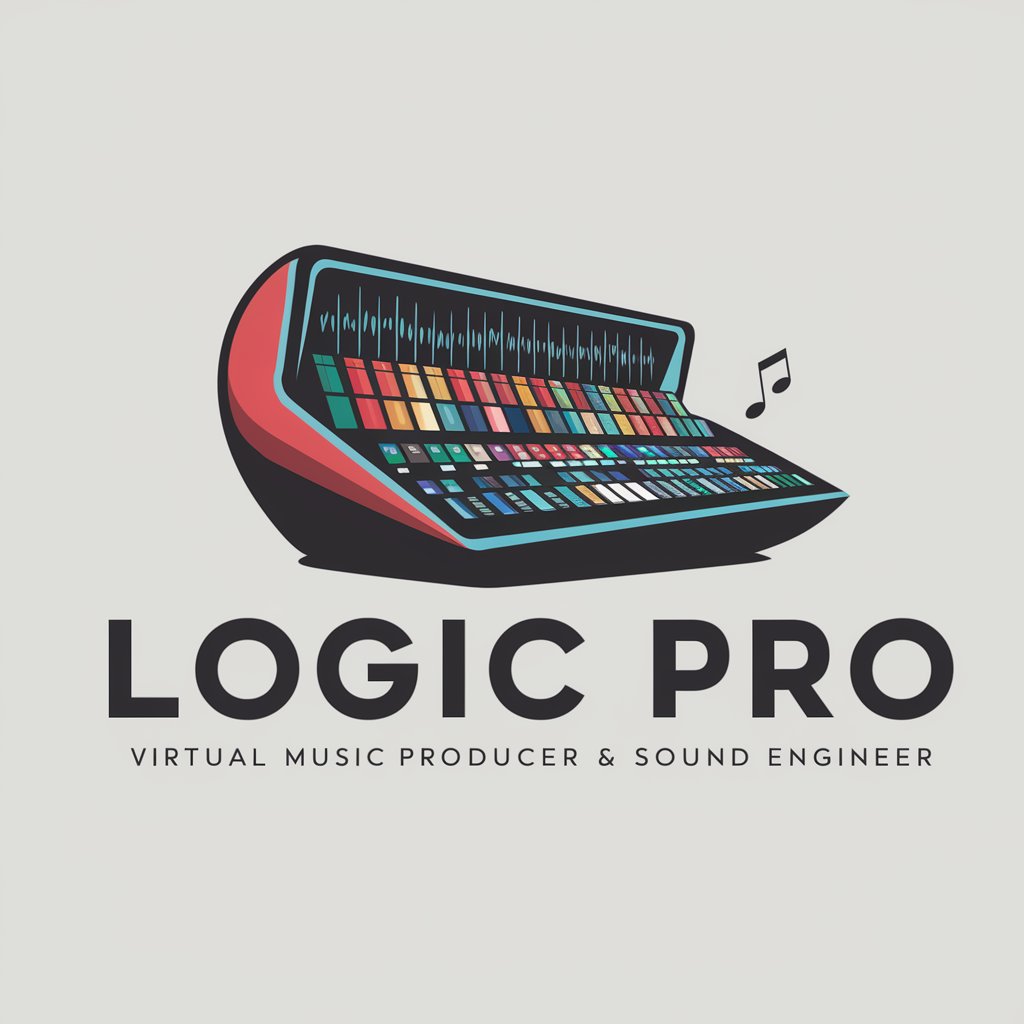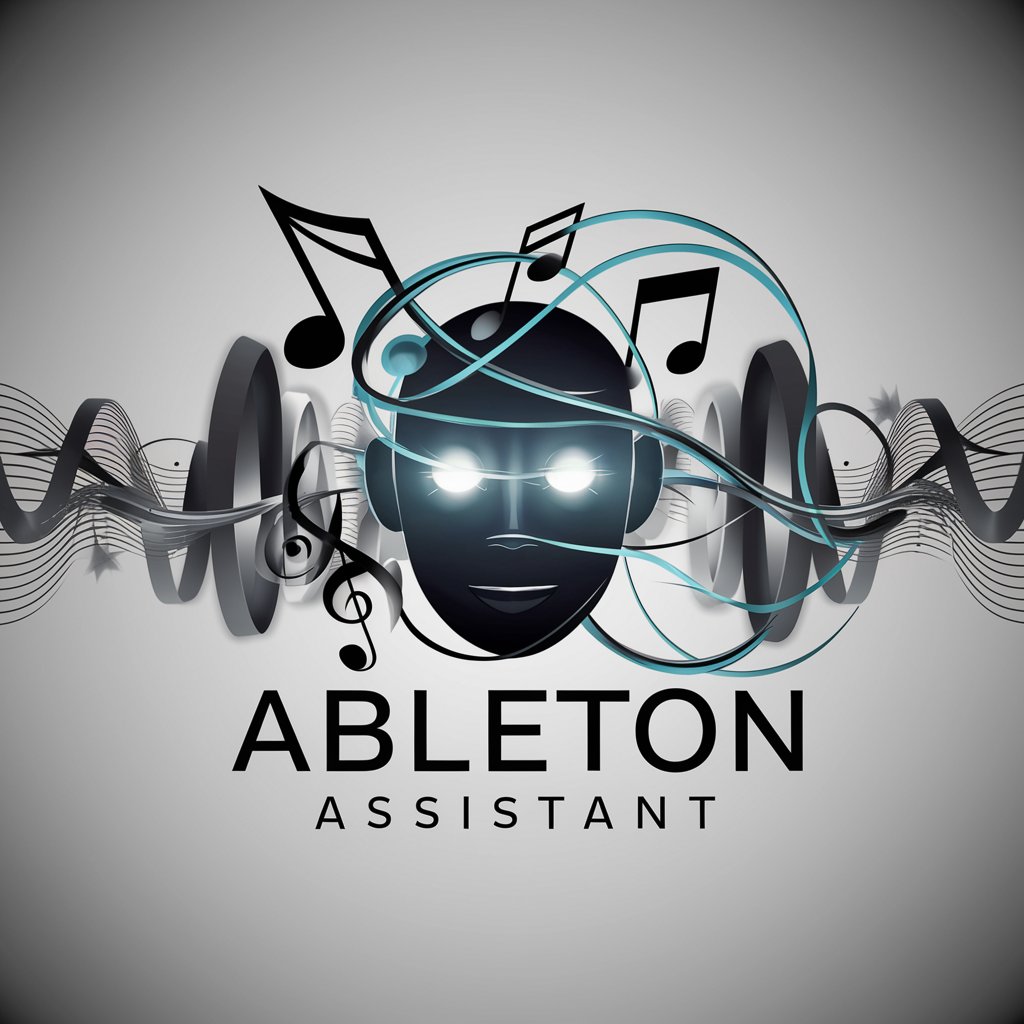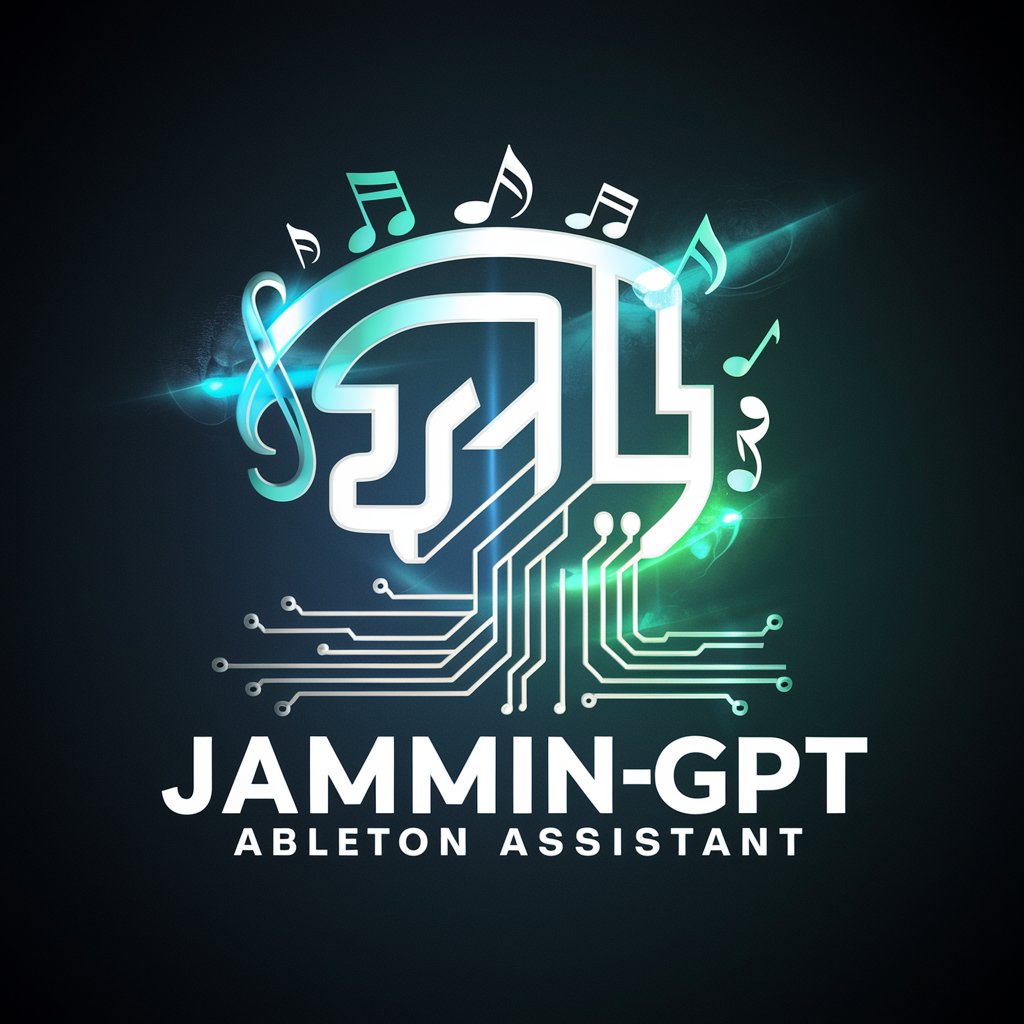5 GPTs for MIDI Editing Powered by AI for Free of 2026
AI GPTs for MIDI Editing are advanced generative pre-trained transformer models specifically designed to assist in the creation, modification, and analysis of MIDI (Musical Instrument Digital Interface) files. By leveraging the capabilities of GPTs, these tools offer tailored solutions that simplify the process of MIDI editing, making it accessible to both novices and professionals. They understand and process musical data, enabling users to generate new compositions, edit existing ones, or convert music into MIDI format with high accuracy. Their relevance lies in the democratization of music production and editing, allowing for a broader range of individuals to engage creatively with music technology.
Top 5 GPTs for MIDI Editing are: Dorico 5 Assistant (unofficial!),Logic Pro Maestro,Reaper Audio Expert,Ableton Assistant,JAMMIN-GPT Ableton Assistant
Dorico 5 Assistant (unofficial!)
AI-Powered Music Notation Expert

Logic Pro Maestro
Elevate Your Music with AI

Reaper Audio Expert
Expert audio production insights, powered by AI

Ableton Assistant
Enhance Your Music with AI-Powered Insights

JAMMIN-GPT Ableton Assistant
Unleash AI-powered music creation

Key Attributes of MIDI Editing GPTs
AI GPTs tools for MIDI Editing are distinguished by their adaptability, covering a wide range of functions from basic note adjustments to complex composition analysis. Features include automatic music generation, style transfer, melody extension, and harmonic analysis. Specialized capabilities such as language understanding enable them to interpret descriptive music requests (e.g., 'generate a jazzy bassline'), while technical support, web searching, and data analysis features provide additional layers of utility. These tools are designed to offer a seamless integration of music theory and computational intelligence.
Who Benefits from MIDI Editing GPTs
The primary beneficiaries of AI GPTs for MIDI Editing include music enthusiasts, composers, music producers, and educators. These tools are accessible to beginners, offering an intuitive entry point to music creation and editing without the need for extensive musical training. Simultaneously, they provide powerful customization options for developers and professionals in the music industry, allowing for intricate manipulation and analysis of MIDI files to suit specific creative or technical requirements.
Try Our other AI GPTs tools for Free
Playback Tweaking
Discover AI GPTs for Playback Tweaking, the ultimate tool for enhancing and customizing your media playback experience with cutting-edge AI technology.
Notation Efficiency
Discover how AI GPTs for Notation Efficiency revolutionize handling complex notations across fields, offering tailored, efficient solutions for professionals and enthusiasts alike.
Worker Engagement
Discover how AI GPTs for Worker Engagement are transforming workplace dynamics with personalized, scalable, and intuitive tools designed to boost employee satisfaction and productivity.
Liturgical Planning
Discover how AI GPTs revolutionize Liturgical Planning, offering customizable, user-friendly tools for modernizing religious services.
Culture Communication
Explore AI GPTs for Culture Communication: bridging cultures through advanced AI, enhancing understanding, and fostering global connectivity with tailored language and content solutions.
Manifestation Tips
Discover how AI GPTs for Manifestation Tips can transform your personal development journey with tailored, intuitive guidance to help you manifest your goals.
Expanding Horizons with MIDI Editing GPTs
AI GPTs for MIDI Editing not only simplify the process of music creation and editing but also inspire new forms of musical expression. Their user-friendly interfaces ensure that creators can focus on artistic rather than technical challenges, while integration capabilities allow for seamless incorporation into existing digital audio workstations and music production workflows. These tools exemplify the convergence of music and AI technology, opening up new possibilities for creativity and innovation in the music industry.
Frequently Asked Questions
What is MIDI Editing with AI GPTs?
MIDI Editing with AI GPTs involves using generative pre-trained transformer models to create, modify, and analyze MIDI files. These tools utilize AI to understand and process musical information, facilitating a range of editing tasks.
Can I generate new music with AI GPTs for MIDI Editing?
Yes, you can generate new music compositions by providing descriptive inputs or parameters to AI GPTs designed for MIDI Editing. These tools can interpret your requests and produce original MIDI compositions in various styles.
Do I need coding skills to use these MIDI Editing tools?
No, you do not need coding skills to use basic features of AI GPTs for MIDI Editing. These tools are designed to be user-friendly and accessible to individuals without programming expertise.
How can professionals customize AI GPTs for advanced MIDI Editing?
Professionals with programming skills can customize AI GPTs for MIDI Editing by accessing their API or scriptable interfaces, allowing for detailed control over the generation, modification, and analysis of MIDI files.
Can AI GPTs convert audio to MIDI?
Yes, some AI GPTs for MIDI Editing are capable of converting audio recordings into MIDI format by analyzing the musical elements in the audio and translating them into MIDI data.
Are there any limitations to AI GPTs in MIDI Editing?
While AI GPTs for MIDI Editing are powerful, they may have limitations in interpreting highly complex musical structures or producing results that perfectly match human creativity. The output quality can vary based on the specificity of the user's request and the tool's current capabilities.
Can these tools analyze and suggest improvements for my compositions?
Yes, AI GPTs for MIDI Editing can analyze your compositions and suggest improvements, including changes to harmony, melody, and rhythm, based on music theory and computational analysis.
How do AI GPTs for MIDI Editing learn new music styles?
AI GPTs for MIDI Editing learn new music styles through machine learning models trained on diverse datasets of MIDI files. These models can adapt to new styles by being retrained or fine-tuned with additional data in specific genres or styles.